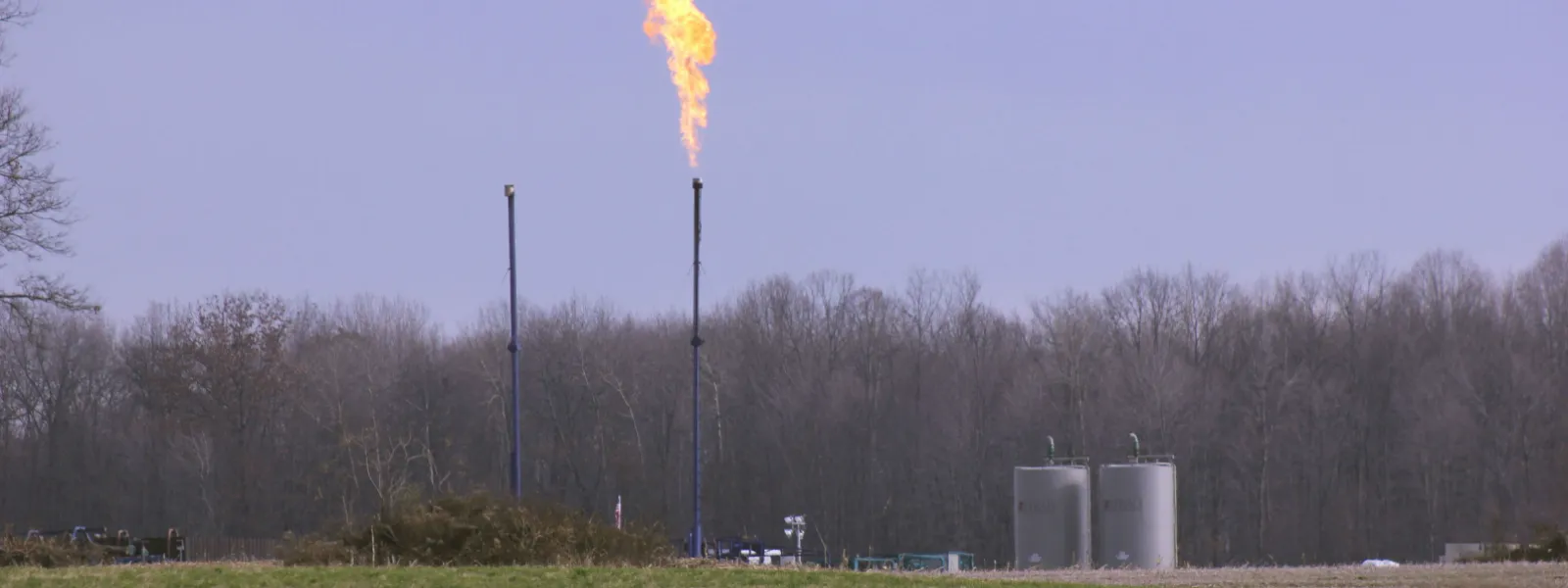
Argentina’s approval of fracking wells violates international obligations
Photo: WCN 24/7 / Flickr.The authorization of four fracking wells within the Vaca Muerta shale deposit poses a risk to vital water sources and violates the rights of Mapuche communities. In support of an amparo filed to invalidate the project’s approval, AIDA presented evidence detailing Argentina’s failure to comply with international environmental and human rights obligations.
Mendoza, Argentina. Argentina violated international environmental and human rights obligations when it authorized the development of four fracking wells in indigenous territory. The wells would damage vital water sources and violate the rights of Mapuche communities, AIDA explained in an amicus brief presented before the Supreme Court of Mendoza Province. The brief supports an amparo seeking to invalidate the project’s approval, filed by the Environment and Natural Resources Foundation (FARN, for its initials in Spanish).
“Fracking was authorized in Mendoza without any environmental impact assessment,” explained AIDA Attorney Claudia Velarde. “In fact, the project was presented for authorization as ‘infrastructure adaptation’ and the environmental authority granted the permits in a record time of just six days.”
The wells are located within Vaca Muerta, the largest non-conventional deposit of shale gas in Latin America. Mapuche indigenous communities—recognized by the National Institute of Indigenous Affairs—live in the project area and, as such, have the right to prior consultation; operators must receive their free, prior and informed consent for any activity affecting their territory.
The energy company El Trebol S.A. failed to recognize that right when assessing the project. As a result, the project’s authorization violates Convention 169 of the International Labor Organization, the United Nations Declaration on the Rights of Indigenous Peoples, and the American Declaration on the Rights of Indigenous People—all international standards recognized by Argentina.
“The chemicals used in fracking can contaminate both surface and groundwater, including, in this case, those of the Llancanelo lagoon, a wetland of international importance under the Ramsar Convention, a treaty ratified by the government of Argentina,” said Velarde. “The site is a zone of passage and rest for more than 130 species of resident and migratory birds.”
In addition, fracking activities require large amounts of water, while Mendoza has for years suffered from drought, a problem only aggravated by climate change.
Finally, the brief emphasizes that there is neither detailed geological data of the zone nor quality information on the dynamics of the groundwater.
“Faced with this scientific uncertainty, authorities have an obligation to apply the precautionary principle,” Velarde explained. “An activity as potentially harmful as fracking must be rejected unless those seeking to implement it can prove that it will not cause serious and irreversible damage to the environment.”
Press contact:
Victor Quintanilla (Mexico), AIDA, [email protected], +5215570522107
